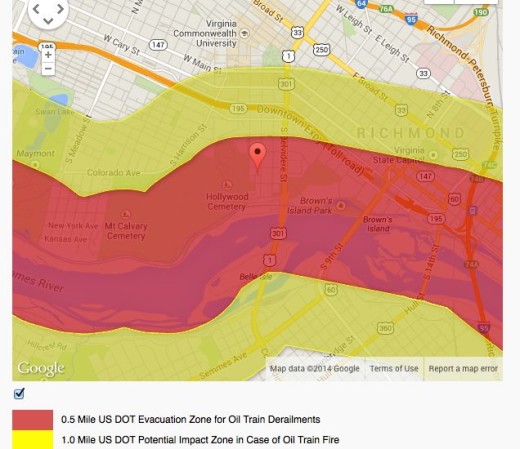Ignore the warning below. The City’s DPU has pulled the advisory:
The Department of Public Utilities has determined it is not necessary to boil water following the Harrison-Cumberland water main break and widespread outages today. No data supports a mandatory boiled water notice.
Previously-
From City Department of Utilities:
Due to no or low pressure from the water main break at Cumberland and Harrison streets, Monday, Jan. 19 for some customers, those impacted are advised not to drink tap water without boiling it first. A lack of water pressure can cause backflow of water from contaminated sources, and as a precaution, this boil water notice is being issued.
We will add the boundaries of the impacted area as soon as that information is available.
City crews will be in the area flushing the water lines and samples will be collected for water quality. It will take 48 hours for the sample results from the laboratory and additional information will be provided at that time. If customers have questions, they are advised to call 311 for additional information. The Virginia Department of Health is also available to answer questions. You may contact Bennett Ragnauth or Moshen Shahramfar at 674-2880.
Boil your tap water. Failure to follow this advisory could result in stomach or intestinal illness. Do not drink tap water without boiling it first. Boiled or bottled water should be used for drinking, beverage and food preparation, and making ice until further notice. Boiling kills bacteria and other organisms in the water. Boiling is the preferred method to assure that the tap water is safe to drink. Bring all tap water to a rolling boil, let it boil for one minute, and let it cool before using, or use bottled water.
If you cannot boil your tap water, an alternative method of purification for residents that do not have gas or electricity available is to use liquid household bleach to disinfect water. The bleach product should be recently purchased, free of additives and scents, and should contain a hypochlorite solution of at least 5.25 percent. Public health officials recommend adding eight drops of bleach (about ¼ teaspoon) to each gallon of water. The water should be stirred and allowed to stand for at least 30 minutes before use.
Water purification tablets may also be used by following the manufacturer’s instructions. Please share this information with all people who drink the impacted water, especially those who may not have received this notice directly.

